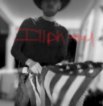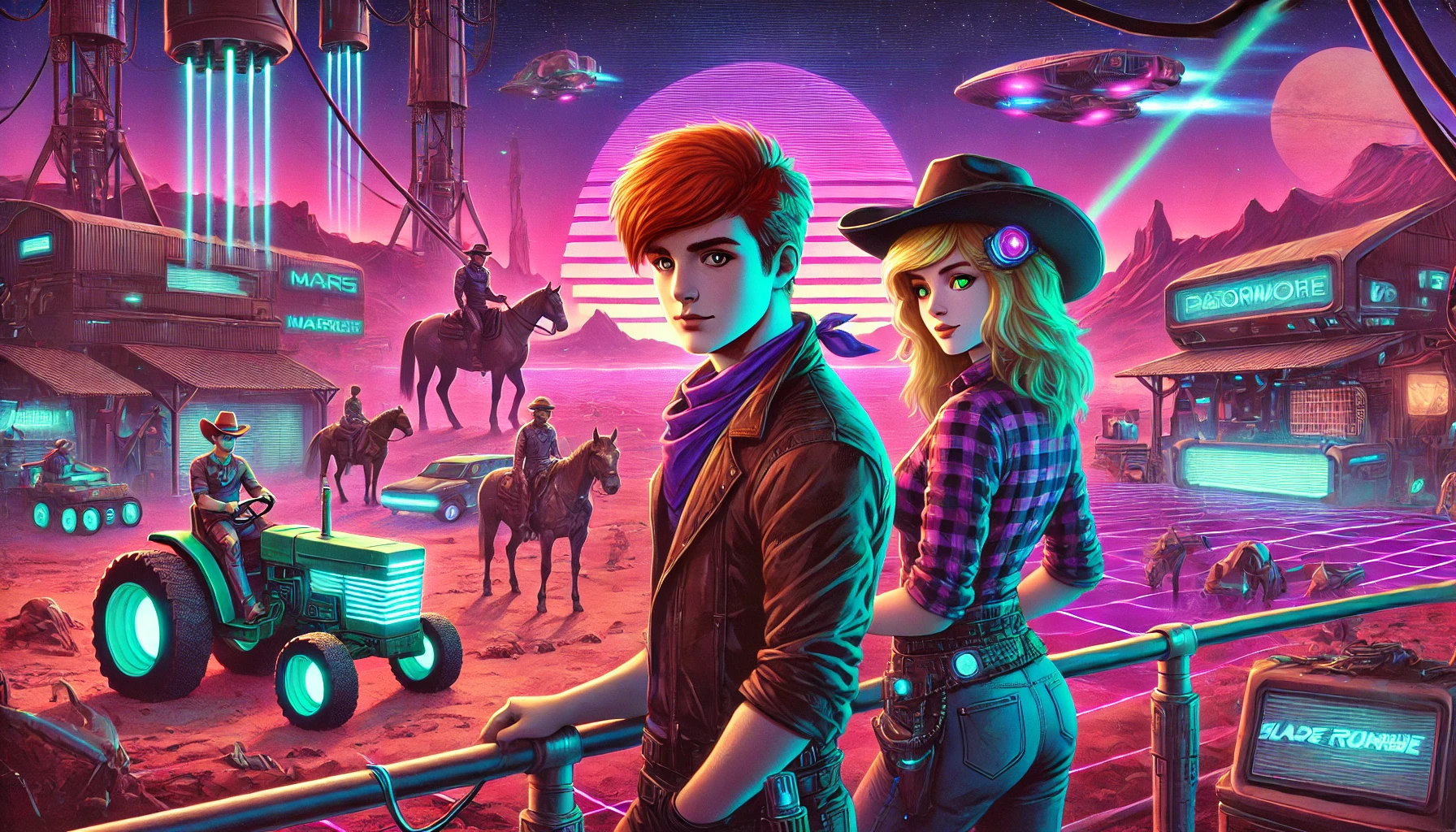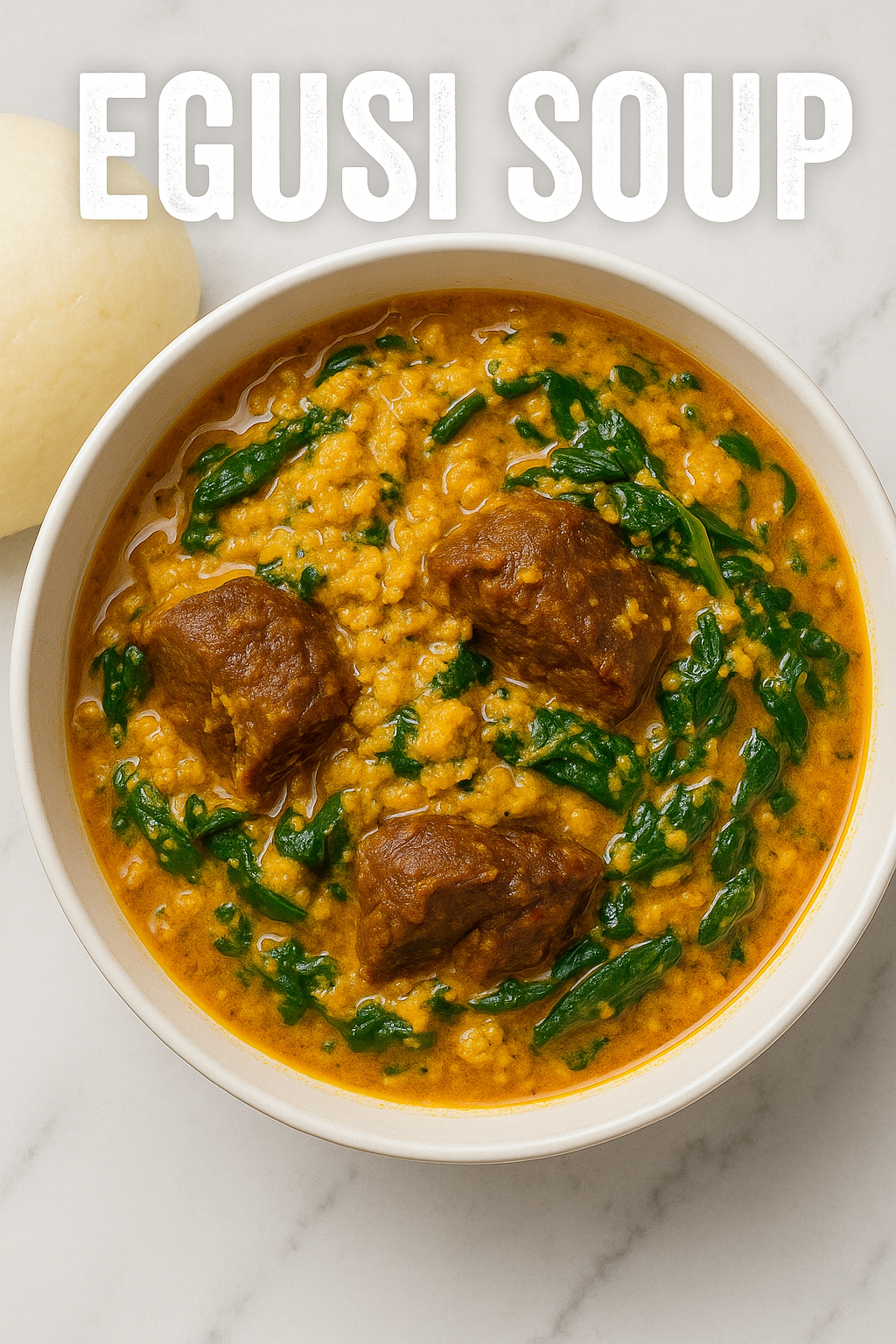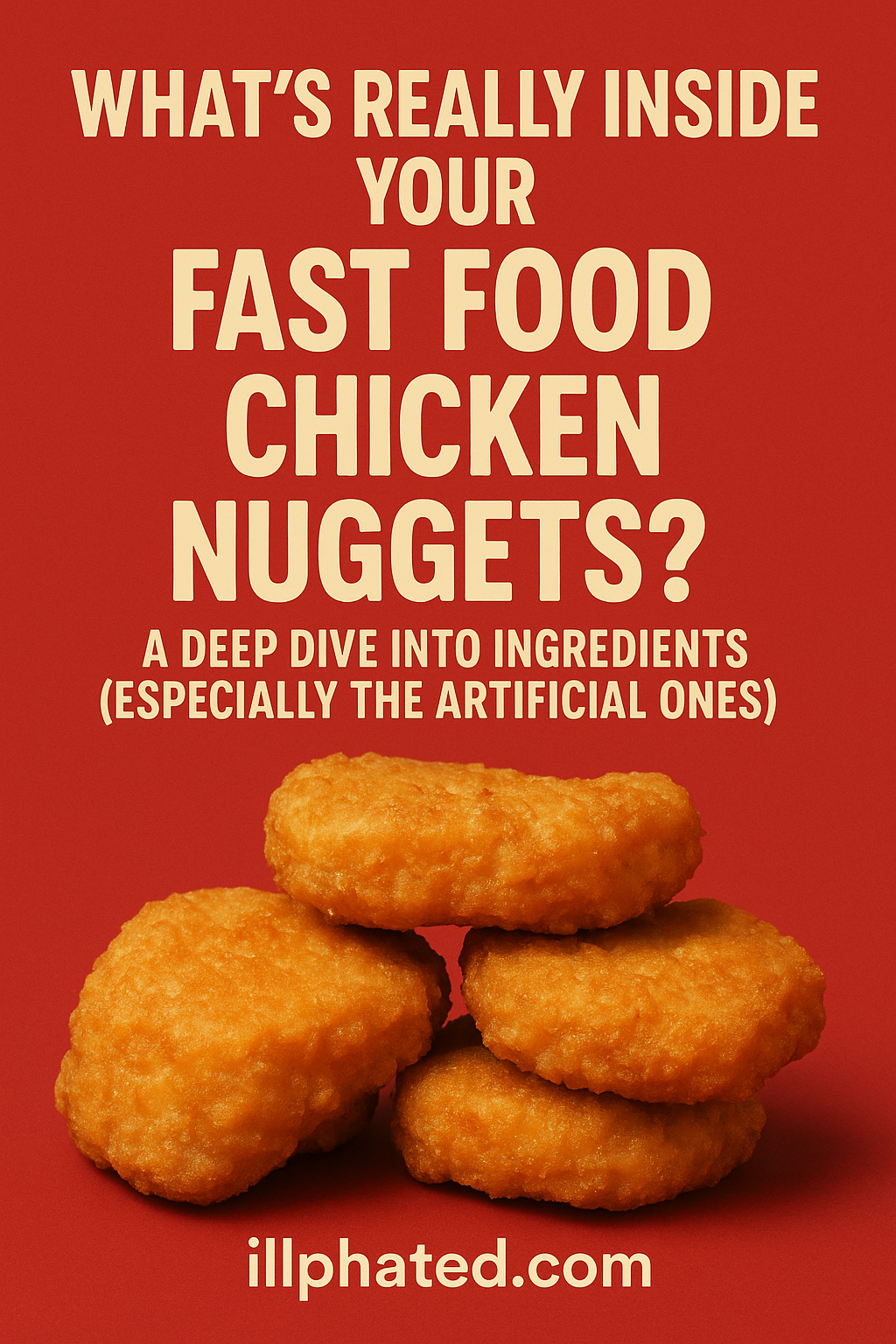Illphated
In the neon-lit labyrinth of Neo-Eden, a city where technology and faith intertwined, a humble priest named Father Elias ran a small soup kitchen. The people of Neo-Eden lived amidst dazzling holograms and endless streams of data, but hunger still gnawed at the hearts of many.
Every evening, Father Elias would prepare a simple meal—synth-grain bread and protein stew—for anyone who came to his table. The glowing chalice on the altar nearby was a reminder of the sacredness of every bite, symbolizing gratitude for life’s simplest gifts.
One night, a man named Kael arrived. Clad in cybernetic enhancements and an aura of indifference, he scoffed at the humble meal. “With all the tech we have, why should anyone settle for this?” he muttered, barely touching the stew.
Father Elias smiled gently and placed a weathered hand on the glowing chalice. “In a city of abundance, it’s easy to forget how fragile life is. These hands”—he held up his own—“can create wonders, but they cannot conjure a meal out of thin air. Even in this advanced world, food connects us to the earth, to labor, and to one another.”
Kael shrugged, but he stayed to listen as others shared their stories. A young mother spoke of how the soup kitchen had been her lifeline during hard times. An older man, his cybernetic eyes glowing faintly, recalled the famine of his youth when even scraps were a treasure.
Gradually, Kael’s indifference melted away. He realized that in a world of excess, gratitude was the rarest virtue. The glowing chalice wasn’t just a decoration—it was a beacon, reminding them all to cherish what sustained them.
That night, as Kael took his first mindful bite of the stew, he whispered a quiet “thank you.” It was a small gesture, but in that moment, the food became more than nourishment—it became sacred.
And so, Father Elias’ lesson endured: No matter how advanced or busy the world becomes, every meal is a miracle worth celebrating, for it binds us to the earth, to each other, and t
o the divine.
EmailURL







